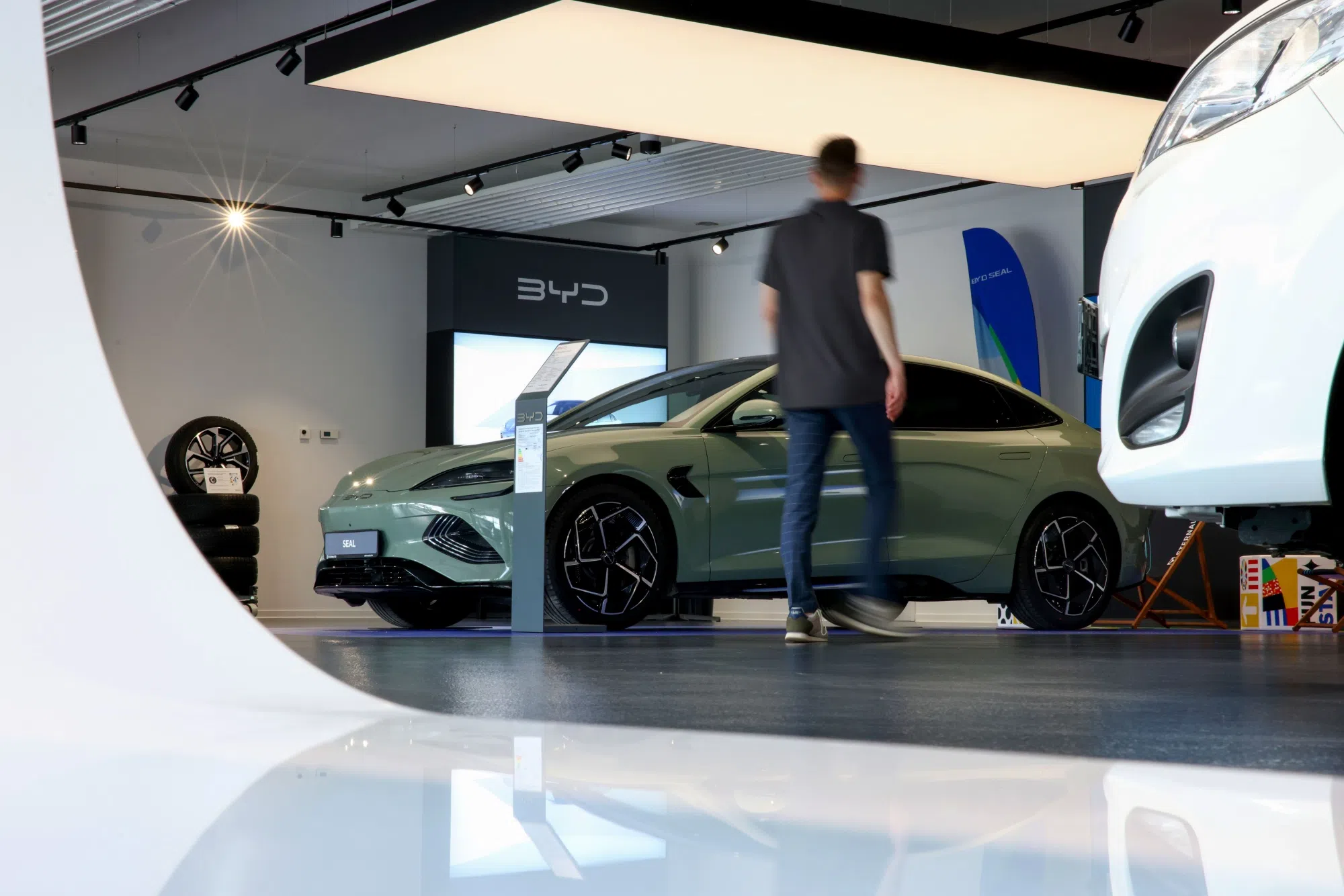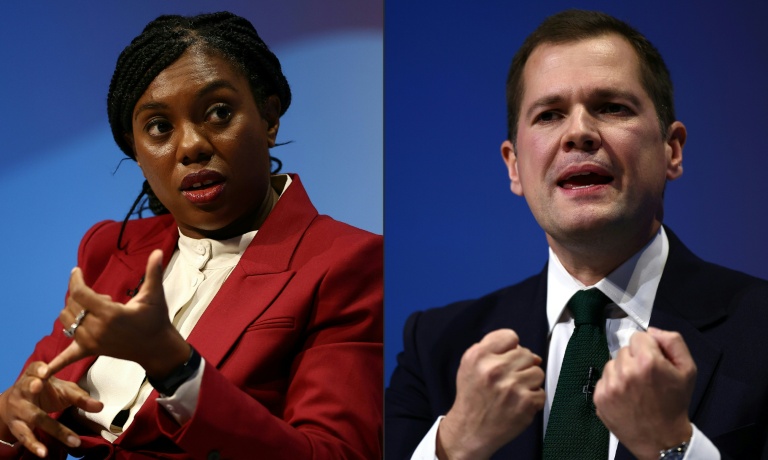CHINESE electric vehicle (EV) makers lost ground in Europe for a third straight month, in the latest sign that the move towards higher import tariffs is hurting sales.
Chinese brands captured an 8.5 per cent share of EV deliveries across the European region in September, down from 9.6 per cent in the year-earlier period, based on figures provided by researcher Dataforce.
Saic Motor’s MG unit led the drop, with a 42 per cent slide in sales, according to Jato Dynamics, which also tracks the automotive market.
The declines have persisted since July, when the EU introduced provisional duties on Chinese-made EVs, bringing import fees to as high as 45 per cent. After months of talks failed to resolve the trade dispute, the new tariffs entered force this week.
The EU ultimately decided not to collect the provisional duties, and officials from the bloc are headed to Beijing in a last-ditch attempt to find a resolution, Bloomberg News reported on Wednesday (Oct 30).
The biggest loser to date has been MG, the former British nameplate now part of Chinese state-owned Saic. It drew the highest EU tariffs, with an individualised surcharge of 35 per cent on top of the existing 10 per cent import duty.
BT in your inbox
Start and end each day with the latest news stories and analyses delivered straight to your inbox.
Once the undisputed leader among Chinese brands in Europe, it now is being challenged by BYD, a powerful newcomer to the region that’s making a strong bid to establish a foothold.
Despite the trade tensions, China’s biggest maker of EVs and hybrid-EVs has forged ahead, hiring local executives and planning factories in the region. BYD’s European registrations jumped 162 per cent in September from a year earlier, to 4,376 vehicles, according to Jato.
All EVs produced in China are subject to the new tariffs, including those made by Western brands. Major European carmakers argued against imposing them, and Germany was one of five countries to vote against the duties earlier this month.
While China has threatened to retaliate, its Ministry of Commerce has expressed hopes for an acceptable resolution. If not, countermeasures could begin as soon as November. The outcome of the US election could also shape debates over protectionism going forward.
Across Europe, sales of battery-EVs by all manufacturers increased 14 per cent during September, based on data from the European Automobile Manufacturers’ Association. That made the EV segment a relative bright spot in an otherwise slumping automotive market.
Deliveries jumped by 24 per cent in the UK, as carmakers heavily discounted EVs to comply with zero-emissions vehicle sales mandates set by the government. In Germany, where the government is discussing the potential of new incentives, EV sales increased 8.7 per cent.
According to Jato, Tesla’s Model Y and Model 3 were the top EV sellers in the region for September. The Skoda Enyaq placed third, while Volvo Car’s EX30 came in fourth. The Swedish brand is owned by Zhejiang Geely Holding Group and makes the EX30 in China.
Neither Jato nor Dataforce count Volvo among Chinese brands. Polestar, the Swedish EV maker partly owned by Geely founder Li Shufu, is included in Dataforce’s market calculations.
Dataforce’s figures cover all EU and EFTA countries plus the UK. For September, Slovakia was excluded as it had not published monthly data at the time the numbers were compiled. BLOOMBERG







